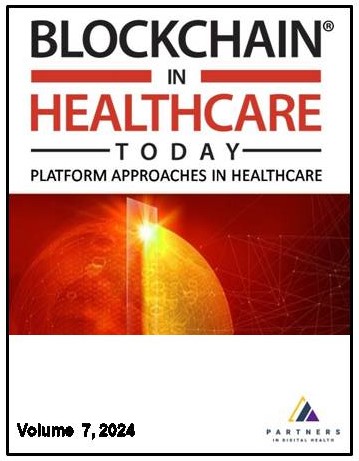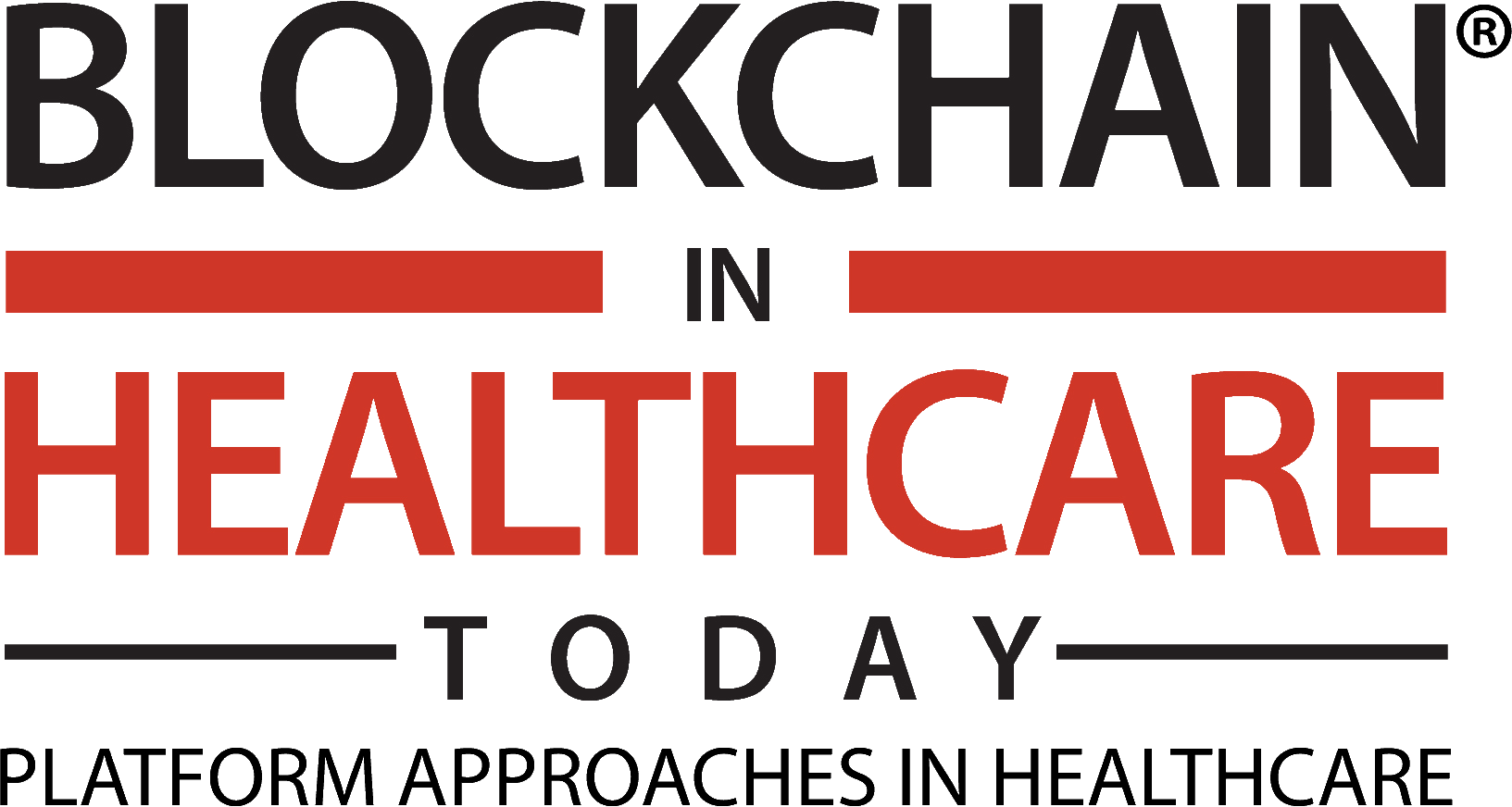
Additional files
More articles from Volume 7, Issue 1, 2024
Leveraging Decentralized Clinical Trial Management Systems (dCTMS) to Advance Science: Exploring Challenges related to the Diffusion of Innovation and its Execution
Pioneering New Business Models in Value Based Care
Blockchain in Health - From Pilots to Mainstream and Implications for AI
Data Economy in Healthcare on Blockchain Technology
EHR Systems and Blockchain: Potentials, Challenges and the Road Ahead
Article views
Citations

0
Leveraging Decentralized Clinical Trial Management Systems (dCTMS) to Advance Science: Exploring Challenges related to the Diffusion of Innovation and its Execution

Abstract
Decentralized clinical trials (DCTs) recently gained attention in research necessary for drug development. While the COVID-19 pandemic proved to be a challenging time in this arena, drug development was a critical area of emphasis in the rapid development of vaccines. DCTs were necessary to allow research activities to occur across many locations. Although the use of DCTs play a pivotal role in reshaping healthcare, as technology expands further into the digital space implementation challenges must be considered. A working group of experts assembled, during an interactive learning exercise at the Conv2X conference (2023), to explore challenges related to the diffusion of innovation among key stakeholders. Common “pain points” of technology and an innovative approach that used a blockchain anchored solution were presented. Experts were divided into three stakeholder groups (patients, payers, and pharmaceutical sponsor) which reconvened for an overall discussion. Several themes, that can be supported by blockchain technology, emerged. These include enhanced efficiencies, patient experience / demographic diversity, data integrity / privacy / security, and cost-effectiveness. Future research may focus on additional stakeholder groups that are less familiar with these technological advances and using technology to increase diversity in study populations.
Keywords
References
Citation
Copyright
This is an open access article distributed under the Creative Commons Attribution License which permits unrestricted use, distribution, and reproduction in any medium, provided the original work is properly cited.
Article metrics
The statements, opinions and data contained in the journal are solely those of the individual authors and contributors and not of the publisher and the editor(s). We stay neutral with regard to jurisdictional claims in published maps and institutional affiliations.

